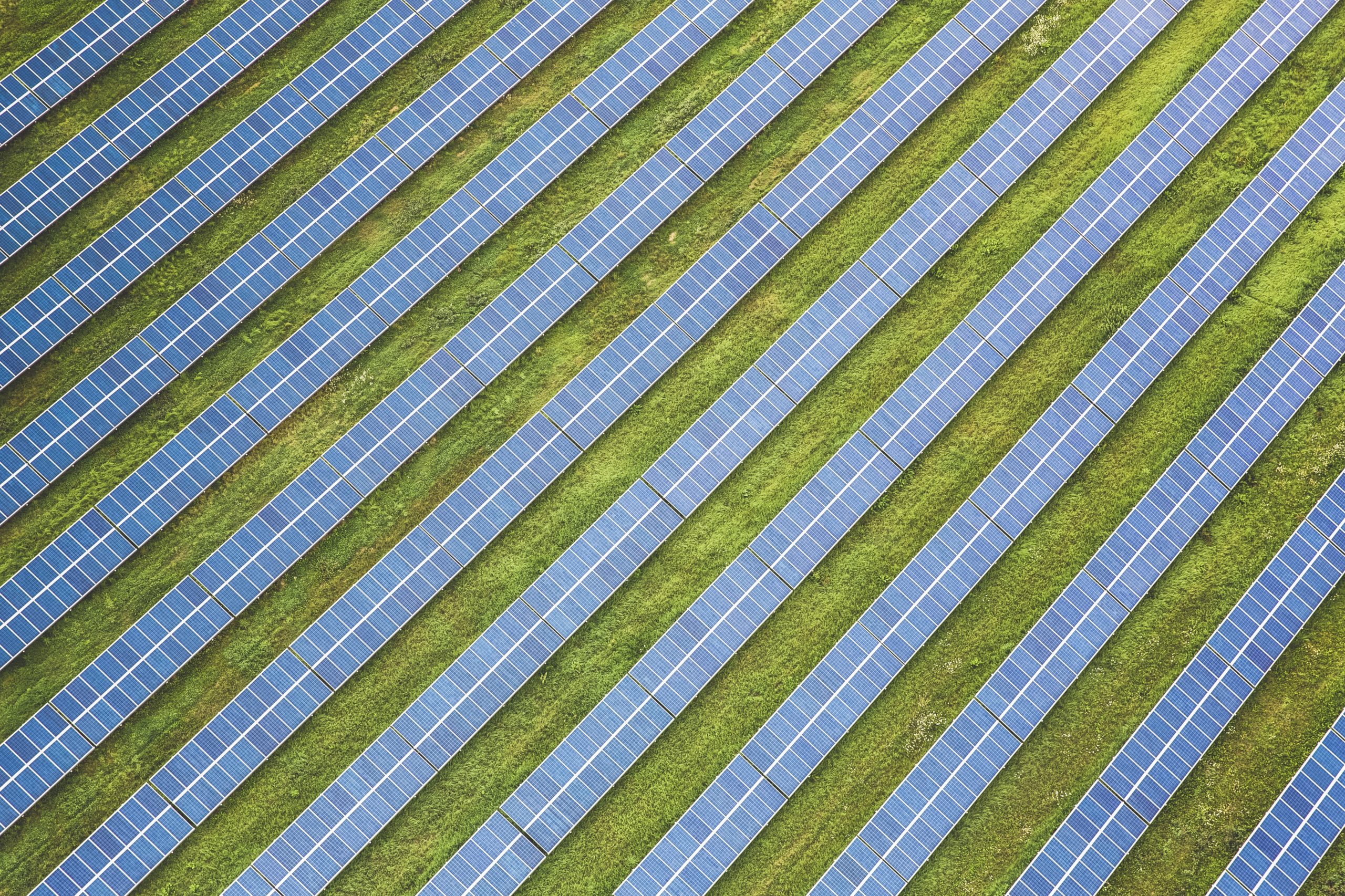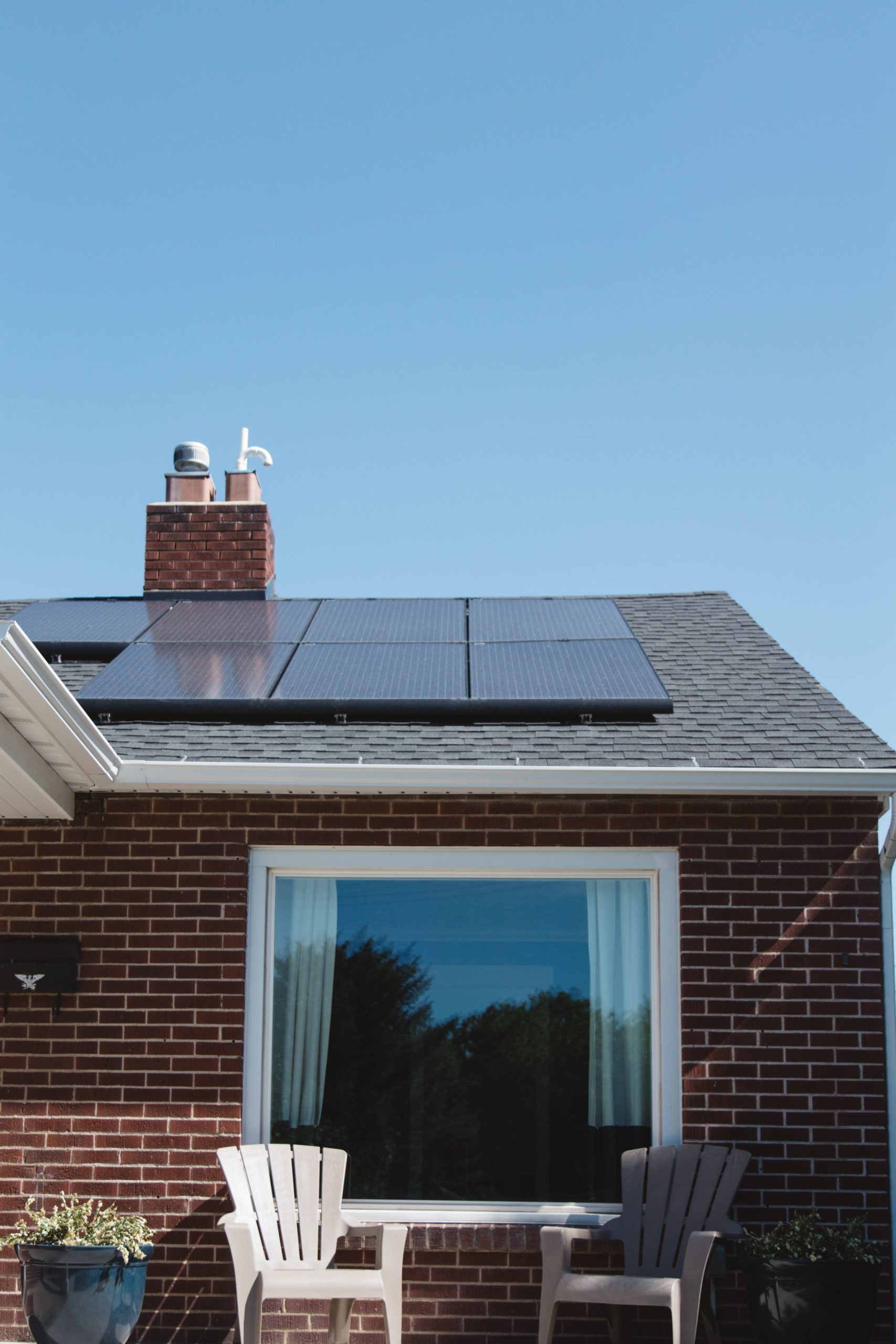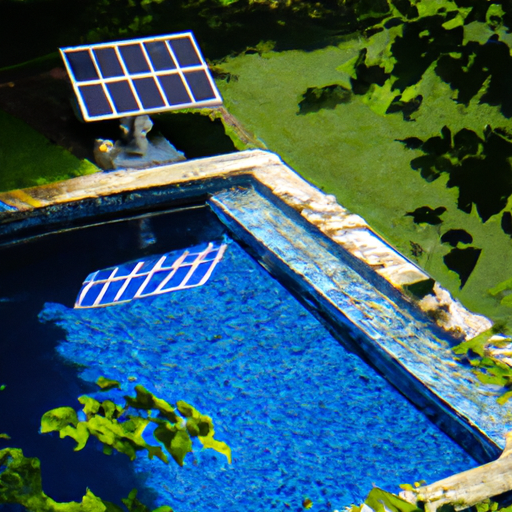Are you tired of spending a fortune on electricity bills just to keep your pool running smoothly? Well, you’ll be glad to know that there is a more environmentally-friendly and cost-effective solution available. Solar power can be the answer to your pool power woes. By harnessing the energy of the sun, you can power your pool while also reducing your carbon footprint and saving money. In this article, we will explore the feasibility and benefits of using solar power to keep your pool up and running.
What is solar power?
Definition of solar power
Solar power is a renewable energy source that harnesses the energy from the sun to generate electricity. It is a clean and sustainable alternative to traditional forms of energy generation, such as fossil fuels. Solar power systems use photovoltaic (PV) panels to convert sunlight into direct current (DC) electricity, which is then converted into alternating current (AC) electricity through an inverter for use in homes, businesses, and even pool systems.
How solar power works
Solar power systems for pools work by utilizing the sun’s energy to heat and circulate the pool water. The primary component of a solar power system is the solar panels, which are composed of multiple photovoltaic cells that generate electricity when exposed to sunlight. When sunlight hits the solar panels, the photons in the sunlight dislodge electrons in the photovoltaic cells, creating a flow of electricity.
This DC electricity is then sent to an inverter, which converts it into AC electricity that can be used to power various devices, including pool pumps, filters, and heaters. The AC electricity is then distributed to the pool equipment to provide necessary power for the pool system. Excess electricity generated by the solar panels can be stored in batteries for use during periods of low sunlight or fed back into the grid.
Benefits of using solar power for your pool
Environmental benefits
Using solar power for your pool has numerous environmental benefits. By harnessing the sun’s energy, you reduce the need for traditional energy sources that rely on fossil fuels, which produce greenhouse gas emissions and contribute to climate change. Solar power is clean and renewable, helping to mitigate environmental pollution and decrease carbon footprints. By choosing solar power for your pool, you can actively contribute to the conservation of our planet for future generations.
Cost savings
One of the significant advantages of using solar power for your pool is the potential for cost savings. Traditional pool heating methods, such as gas or electric heaters, can lead to high energy bills. Solar power systems, on the other hand, utilize the sun’s energy, which is free and abundant. By opting for solar power, you can dramatically reduce or eliminate the need for conventional heating methods, resulting in substantial savings on your energy bills over time.
Additionally, solar power systems have minimal maintenance costs compared to traditional pool heating methods. Once installed, solar panels require periodic cleaning, but they have no ongoing fuel or maintenance expenses. This further contributes to long-term cost savings for pool owners.
Energy independence
Using solar power for your pool can provide you with a sense of energy independence. By generating your own electricity from sunlight, you are less reliant on external sources of power. This can be particularly beneficial during power outages or times of high demand in the grid. With a solar power system, you have the ability to generate and use electricity for your pool independently, giving you peace of mind and uninterrupted enjoyment of your pool.
Components of a solar power system for pools
To understand the functioning of a solar power system for pools, it is essential to be familiar with its key components.
Solar panels
Solar panels are the heart of any solar power system. They are composed of numerous photovoltaic cells that absorb sunlight and generate electricity. When selecting solar panels for your pool, it is crucial to consider their efficiency, durability, and warranty. Higher-efficiency panels can generate more electricity with the same amount of sunlight, while durable panels can withstand various weather conditions.

Inverter
The inverter is a critical component of a solar power system as it converts the generated DC electricity from the solar panels into AC electricity that can be used by your pool equipment. Inverters come in different types, such as string inverters, microinverters, and power optimizers. Each type has its advantages and considerations, so it is important to consult with a solar professional to determine the most suitable inverter for your specific pool system.
Battery storage (optional)
Battery storage is an optional component of a solar power system for pools. It allows you to store excess electricity generated by your solar panels during the day for use during periods of low sunlight or at night. With a battery storage system, you can have a consistent and uninterrupted power supply for your pool, even when the sun is not shining. However, it is essential to consider the upfront costs and size requirements of the battery system before deciding to integrate it into your pool solar power system.
Pool pump and filter
In a solar power system for pools, the pool pump and filter play crucial roles in circulating and maintaining the pool water. These components are typically powered by the AC electricity generated by the solar panels and converted by the inverter. It is important to ensure that your pool pump and filter are compatible with the solar power system and can handle the power requirements for proper operation.
Sizing and installation considerations
Proper sizing and installation of a solar power system for your pool are crucial to maximize its efficiency and effectiveness.
Determining the pool’s energy requirements
Before installing a solar power system for your pool, it is important to assess your pool’s energy requirements. Factors such as the pool size, location, and desired water temperature will influence how much energy is needed to effectively heat and circulate your pool water. By understanding your pool’s energy needs, you can select an appropriately sized solar power system and ensure optimal performance.
Calculating the number of solar panels needed
Once you have determined your pool’s energy requirements, you can calculate the number of solar panels needed to meet those needs. Factors such as solar panel efficiency, available roof or ground space, and average sunlight levels in your area will affect the number of panels required. Consulting with a solar power professional can help you accurately calculate the required number of solar panels and ensure that your pool system is adequately powered.
Placement and orientation of solar panels
The placement and orientation of the solar panels are crucial for maximizing their exposure to sunlight and optimizing their energy generation. Ideally, solar panels should be installed in a location with minimal shading and oriented to face south or as close to that direction as possible. By positioning the solar panels correctly, you can ensure they receive maximum sunlight throughout the day and generate the most electricity for your pool system.

Wiring and connecting the system
Proper wiring and connection of the solar power system for your pool are essential for safe and efficient operation. It is recommended to hire a professional electrician or solar installer to handle the wiring and connection process. They will ensure that all the components are correctly installed, securely connected, and compliant with local electrical codes and safety standards.
Pros and cons of using solar power for pools
Like any technology, there are advantages and disadvantages to using solar power for pools. It is essential to consider these pros and cons when deciding whether solar power is the right choice for your pool.
Pros: Lower operating costs
One of the significant benefits of using solar power for your pool is the potential for lower operating costs. Solar power systems utilize a free and abundant energy source – the sun. By harnessing sunlight, you can significantly reduce or eliminate the need for traditional energy sources, resulting in lower energy bills. Over time, the cost savings from using solar power can outweigh the initial investment in the system.
Pros: Reduced environmental impact
Solar power is a clean and renewable energy source that helps reduce environmental impact. By choosing solar power for your pool, you contribute to the reduction of greenhouse gas emissions and decrease your carbon footprint. Solar power systems have no direct emissions and produce electricity without depleting finite resources. By utilizing renewable energy, you actively support the transition to a more sustainable and greener future.
Cons: High upfront costs
One of the primary disadvantages of using solar power for pools is the high upfront costs. Installing a solar power system involves an initial investment in solar panels, inverters, and other necessary components. While the long-term cost savings can offset this initial expense, it is important to assess your budget and financial readiness before committing to a solar power system for your pool.
Cons: Dependence on sunlight
Solar power systems rely on sunlight to generate electricity, which means they are dependent on adequate sunlight for optimal operation. In areas with limited sunlight or during cloudy days, the energy generation of your solar power system may be affected. While battery storage systems can help mitigate this dependence, it is important to consider the sun exposure in your location and the potential impact on the system’s performance.
Maintenance and upkeep of solar-powered pool systems
To ensure the longevity and optimal performance of your solar-powered pool system, regular maintenance and upkeep are necessary.
Regular cleaning of solar panels
Periodic cleaning of the solar panels is crucial to maintain their efficiency and energy generation. Dust, dirt, and debris can accumulate on the panel’s surface, reducing their ability to convert sunlight into electricity. Cleaning the panels with water and a soft brush can help remove any build-up and ensure optimal performance.
Inspecting and maintaining pool equipment
In addition to the solar power system components, regular inspection and maintenance of your pool equipment are essential. Check for any leaks, clogs, or malfunctions in the pool pump, filter, and other related equipment. Routine maintenance and servicing can prevent costly repairs and ensure the efficient operation of your pool system.
Checking system performance
Monitoring the performance of your solar-powered pool system can help identify any potential issues or inefficiencies. Keep track of how much electricity the system is generating and compare it to your pool’s energy requirements. If there are significant deviations or inconsistencies, it may be necessary to troubleshoot or consult with a solar professional for assistance.
System troubleshooting
In the event of any system malfunctions or performance issues, it is important to troubleshoot and address the problem promptly. This may involve checking connections, inspecting wiring, or assessing the functionality of individual components. If you are unsure or uncomfortable with troubleshooting, it is recommended to seek professional assistance to avoid any potential hazards or damage.
Considerations for seasonal variations and cloudy days
Seasonal variations and periods of reduced sunlight can impact the performance of your solar-powered pool system. It is important to consider these factors and plan accordingly.
Impact of reduced sunlight on system efficiency
During seasons with fewer daylight hours or cloudy days, the energy generation of your solar power system may be adversely affected. Less sunlight means less energy production, which can result in reduced heating and circulation capabilities for your pool. Understanding these variations and their potential impact on the system’s efficiency can help you manage your pool usage and expectations accordingly.
Alternative power sources during low-sunlight periods
To mitigate the effects of reduced sunlight, it is beneficial to have alternative power sources for your pool system during periods of low-sunlight. This can include using supplemental energy sources, such as gas or electric heaters, to maintain the desired water temperature. Battery storage systems can also be utilized to store excess electricity generated during peak sunlight hours for use during periods of reduced sunlight.
Winterization and system protection
In colder climates or during winter months, it is crucial to properly winterize and protect your solar-powered pool system. This involves draining water from the system, protecting exposed components from freezing temperatures, and ensuring the system is safely shut down. Following manufacturer instructions and guidelines for winterization can help protect your system from damage and ensure its longevity.
Costs and savings associated with solar-powered pool systems
Understanding the costs and potential savings associated with solar-powered pool systems can help you make an informed decision.
Initial costs of installation
The initial costs of installing a solar-powered pool system include the purchase and installation of solar panels, inverters, and other necessary components. The exact costs will vary depending on the size of your pool, the number of solar panels required, the chosen equipment, and any additional features or optional components. It is advisable to obtain quotes from multiple solar power professionals to compare prices and ensure competitive rates.
Long-term savings on electricity bills
While the upfront costs of a solar-powered pool system can be significant, the long-term savings on electricity bills can offset this investment. By utilizing free solar energy, your pool’s energy consumption can be dramatically reduced, resulting in substantial annual savings. Over the lifespan of the system, the accumulated savings can often surpass the initial installation costs, making solar power an economically viable option for pool owners.
Return on investment
Calculating the return on investment (ROI) for a solar-powered pool system involves assessing the total costs of installation and comparing them to the expected savings over time. Factors such as the initial costs, ongoing energy savings, and potential government incentives should be considered when determining the ROI. While the payback period may vary depending on various factors, it is common for solar-powered pool systems to pay for themselves within a few years of operation.
Government incentives and rebates
Government incentives and rebates can significantly reduce the costs of installing a solar-powered pool system. Many regions offer tax credits, grants, or other financial incentives to encourage the adoption of renewable energy. It is important to research and determine the available incentives in your area, as they can greatly offset the initial investment and improve the overall affordability of a solar power system for your pool.
Choosing the right solar power system for your pool
Selecting the right solar power system for your pool involves careful consideration of various factors to ensure optimal performance and satisfaction.
Assessing pool size and energy requirements
Before choosing a solar power system, assess your pool’s size and energy requirements. Factors such as the pool’s surface area, water volume, and desired temperature will influence the energy needed to heat and circulate the pool water effectively. Understanding these requirements will help you determine the appropriate size and capacity of the solar power system.
Consulting with solar power professionals
It is highly recommended to consult with solar power professionals during the selection process. They can assess your pool’s specific needs, evaluate your property for optimal solar panel placement, and recommend the most suitable equipment. Solar professionals have the expertise and experience to guide you through the decision-making process and ensure that your solar power system meets your expectations.
Comparing different system options
There are various solar power system options available for pools, each with its own advantages and considerations. It is important to compare different brands, models, and configurations to find the system that best aligns with your pool’s requirements and your budget. Consider factors such as panel efficiency, warranty, inverter type, and overall system performance to make an informed decision.
Considering future expansion or modification
When selecting a solar power system for your pool, it is beneficial to consider any potential future expansion or modification plans. If you anticipate increasing your pool’s size or adding additional pool equipment in the future, it is important to choose a system that can accommodate these changes. Consulting with solar professionals can help you select a flexible system that allows for future expansion or modification if needed.
Conclusion
Using solar power for your pool offers numerous benefits, including cost savings, environmental advantages, and energy independence. A well-designed and properly installed solar power system can effectively heat and circulate your pool water, delivering an enjoyable swimming experience while reducing your carbon footprint. By assessing your pool’s energy requirements, considering the system components, and thoroughly understanding the costs and savings associated with solar power, you can make an informed decision and embrace the growing popularity of solar-powered pool systems. With the right system in place, you can create a sustainable and eco-friendly oasis right in your own backyard.

